In the vast realm of tea, where each leaf and brew narrates a tale of terroir, tradition, and culture, the realm of Chinese rock tea stands as a testament to the intricate harmony between nature and human craft. Among the myriad varieties of rock tea, those hailing from the Wuyi Mountains in Fujian Province hold a special place, renowned for their unique characteristic known as “rock bone and flower fragrance” (Yan Gu Hua Xiang). This phrase, though enigmatic to the uninitiated, encapsulates the quintessential qualities that distinguish Wuyi rock tea from all others, inviting tea enthusiasts on a sensory journey through the heart of China’s tea heritage.
The Genesis of Rock Tea
To appreciate the significance of “rock bone and flower fragrance,” one must first delve into the genesis of rock tea. The Wuyi Mountains, a UNESCO World Heritage site, are a geological marvel characterized by their丹霞地貌 (Danxia landform), a unique type of red sandstone cliffs interspersed with lush greenery. These cliffs, weathered over millennia, have formed a terrain rich in minerals and微量元素 (trace elements), which seep into the soil and water sources, imparting a distinct flavor profile to the tea grown here.
Rock tea, specifically Wuyi rock tea, is cultivated in this mineral-laden environment, where the tea plants thrive amidst the cracks and crevices of the cliffs. The term “rock tea” itself is a testament to the tea’s intimate connection with the rocky terrain, as the plants often grow directly on or near the cliffs, absorbing the essence of the surrounding rocks. This unique growing environment is instrumental in developing the tea’s signature “rock bone” characteristic.
The Essence of Rock Bone
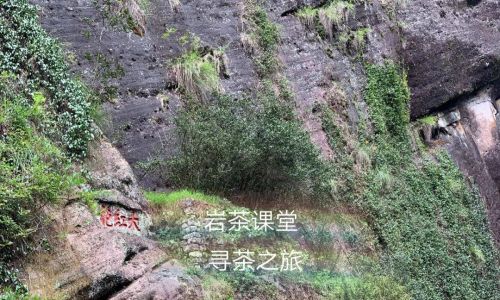
“Rock bone” (Yan Gu) is a term used to describe the robust, mineral-rich, and slightly rocky taste profile of Wuyi rock tea. It is a sensory experience that transcends mere flavor, encompassing a tactile and almost auditory aspect. When sipped, the tea feels as though it has a backbone, a solidity that sets it apart from other teas. This robustness is attributed to the high mineral content in the soil and water, which the tea plants absorb and convert into a complex, earthy flavor.
The “rock bone” sensation is often described as a dry, slightly astringent finish that lingers on the palate, reminiscent of the taste of crushed stones or wet rocks. Yet, this astringency is balanced by a subtle sweetness, creating a harmonious contrast that is both invigorating and soothing. It is this interplay of flavors and textures that gives Wuyi rock tea its distinctive character, inviting tea drinkers to savor each sip as a journey through the rocky terrain of the Wuyi Mountains.
The Delicate Blossom of Flower Fragrance
While “rock bone” provides the structural backbone of Wuyi rock tea’s flavor profile, “flower fragrance” (Hua Xiang) adds a layer of complexity and elegance. This floral aroma is not overt but rather subtle and nuanced, often described as resembling the scent of orchids, jasmine, or lotus blossoms. The origin of this floral note lies in the tea plants’ unique ability to absorb not only minerals but also the aromatic compounds present in the surrounding flora.
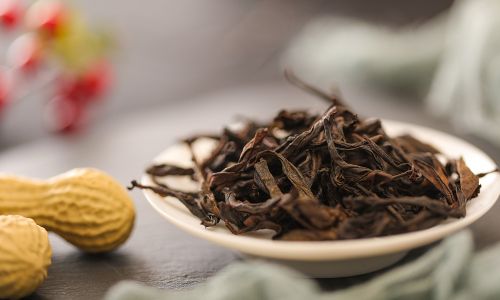
The processing of Wuyi rock tea, particularly the traditional methods involving oxidation and firing, plays a crucial role in enhancing and preserving this floral fragrance. Skilled tea makers meticulously control the temperature and duration of each firing session, ensuring that the tea retains its delicate floral notes while developing a robust and long-lasting aroma. The result is a tea that, upon brewing, releases a captivating blend of floral and mineral scents, creating an olfactory experience that is both alluring and calming.
The Art of Balancing Rock Bone and Flower Fragrance
Achieving the perfect balance between “rock bone” and “flower fragrance” is an art that requires years of experience and a deep understanding of the tea’s terroir. Each variety of Wuyi rock tea, from Da Hong Pao (Big Red Robe) to Tie Luo Han (Iron Arhat), possesses its unique ratio of these two elements, creating a spectrum of flavors that cater to different tastes and preferences.
For instance, Da Hong Pao, often regarded as the king of Wuyi rock teas, is noted for its harmonious blend of robust rock bone and delicate floral notes. The tea’s rich, roasted flavor is tempered by a hint of floral sweetness, creating a sensory experience that is both bold and refined. On the other hand, teas like Shui Jin Gui (Golden Water Turtle) may lean more towards a floral profile, with the rock bone serving as a subtle undertone that adds depth and complexity to the overall flavor.
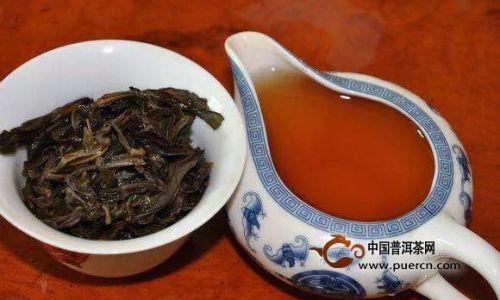
The Cultural Significance of Rock Tea
Beyond its sensory appeal, Wuyi rock tea holds immense cultural significance. It is not merely a beverage but a symbol of China’s rich tea heritage and the intricate relationship between humans and nature. The art of cultivating, processing, and brewing Wuyi rock tea has been passed down through generations, preserving a tradition that dates back centuries.
In the modern world, where fast-paced lifestyles and convenience often take precedence, Wuyi rock tea serves as a reminder of the importance of slowing down, savoring each moment, and appreciating the beauty of simplicity. The ritual of brewing and sipping this tea encourages mindfulness and reflection, connecting the drinker to the history, culture, and natural wonders of the Wuyi Mountains.
Conclusion
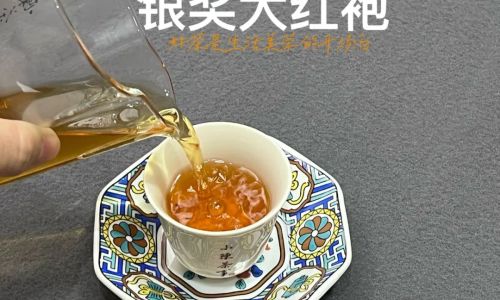
In conclusion, the phrase “rock bone and flower fragrance” encapsulates the essence of Wuyi rock tea, a beverage that transcends mere taste and aroma to offer a holistic sensory experience. Through its robust mineral profile and delicate floral notes, Wuyi rock tea invites tea enthusiasts on a journey through the rocky cliffs and lush flora of the Wuyi Mountains, revealing the intricate harmony between nature and human craftsmanship. As we sip this tea, we are not merely tasting its flavors but also immersing ourselves in the rich cultural heritage and timeless wisdom of China’s tea tradition.
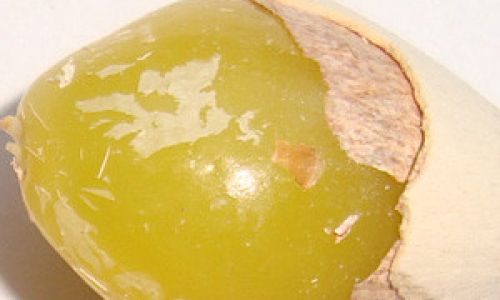
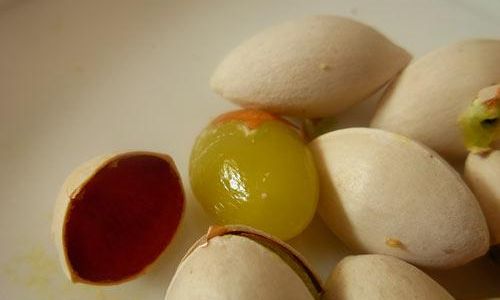

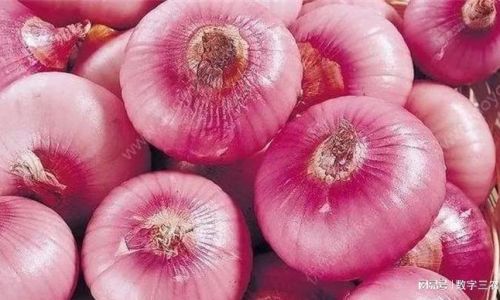
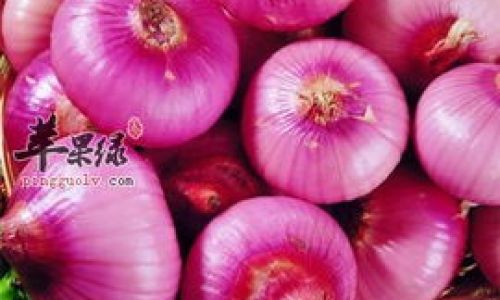
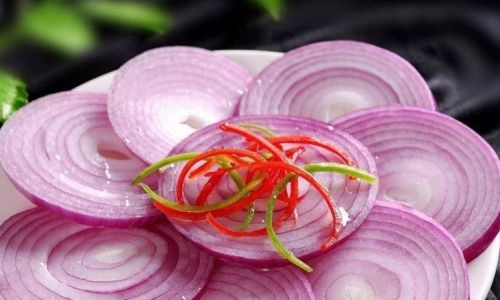
0 comments